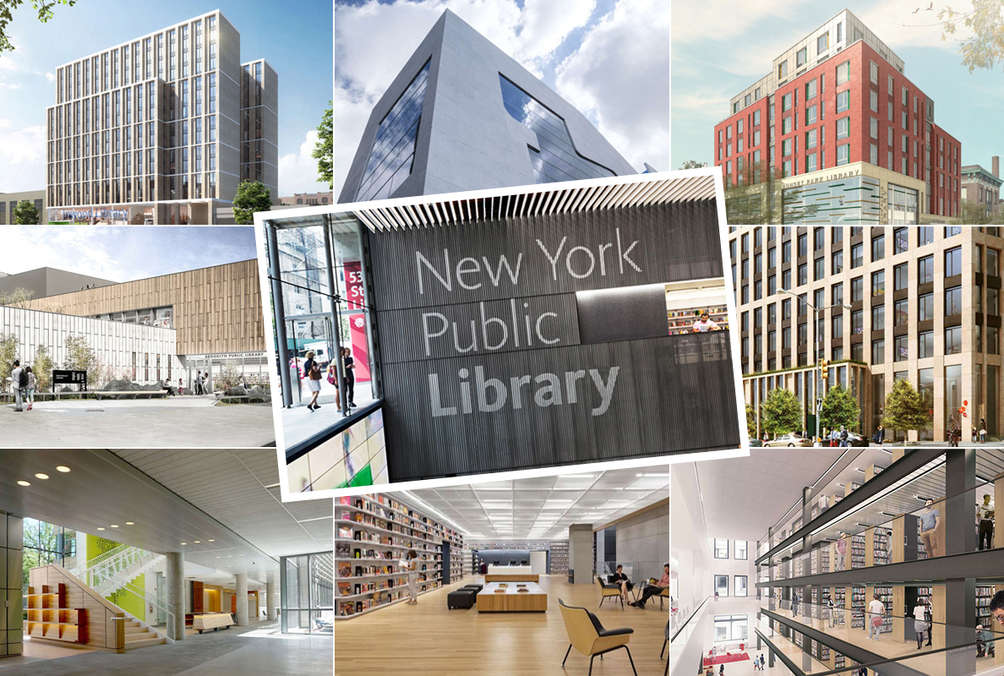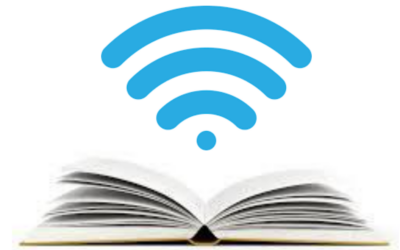New York Public Library Hotspot Assessment
The Perils and Possibilities of the Urban Library as Digital Inclusion InstitutionThe Robin Hood Foundation engaged TIPI in 2015 to evaluate a program in which mobile hotspot devices and library-funded broadband provides access to 10,000 families in New York City. The goal of the overall assessment is to examine why people have home-based wireless broadband, uses of their connectivity and how this leads to changes in people’s learning patterns, health and educational information seeking and ability to access other social services.
Abstract
Recently several libraries in the U.S. have sought to extend their services and ameliorate local digital divides by instituting hotspot lending programs. These programs essentially move Internet connectivity into people’s homes by loaning out devices that connect to 3G or 4G cellular networks, and then allow patrons subsidized access to the Internet from anywhere on that network. The largest one, in New York City, has loaned 10,000 hotspot devices, targeting people with no home broadband service. New York Public Library (NYPL) partnered with rural libraries in Maine and Kansas to develop hotspot lending programs. Other library programs in St. Paul, Chicago, Kansas City, Seattle, and Bellingham, Massachusetts also are experimenting with providing their users loaned devices that use cell phone networks to provide simultaneous, at-home connectivity capable of supporting several devices (such as desktop computers, tablets, or mobile phones).
Non-profit Mobile Beacon, a hotspot and connectivity broker working with many hotspot lending programs, cites possible benefits associated with these programs, including providing opportunities for children to do homework at home using the Internet and thus reducing the “homework gap;” searching for job opportunities; staying in touch with distant family; and facilitating seniors as they search for health information. However, to date there has been no formal, publicly available investigation of the library hotspot programs.
The research reported here examines several questions associated with supporting this cost-effective method of providing home-based Internet connectivity. It aims to shed light on policy options for urban broadband challenges even as many larger cities are embarking on their own Digital Inclusion programs and as the FCC transitions to a universal service program espousing a threshold broadband service.
Our core questions examine:
- the affordances in offering a subsidized, relatively easy but still limited source of home-based broadband to distinctive urban populations and environments.
- the role of locally-based access and expertise represented by libraries specifically.
Library hotspot programs could remediate broadband access, but beyond that libraries offer teaching and support roles that are neighborhood-based. Should they be a significant part of the solution to the current digital divide?
Initiated in December, 2015, our research on New York City’s hotspot program – the largest in the country – includes some user survey data as well as the results of focus groups with users. While this study is ongoing, preliminary data suggest the program successfully reached a low income population, and that the types of Internet uses were varied but included instrumental applications such as continuing education and employment.
While the intended population of parents with school-age children was not as present as anticipated, there was clear evidence of a widespread need for affordable Internet. The users were not Internet naifs, but there is some evidence that the longer connection availability afforded by having a hotspot increased both skills levels and confidence with the Internet. The hotspots appeared to assist with homework gap problems, and the data suggest that adults outside of a child’s direct family also had a role in assisting with Internet-based homework.
What’s New
Evaluation of the New York Public Library Hotspot Lending Program
The Robin Hood Foundation engaged TIPI in 2015 to evaluate a program in which mobile hotspot devices and library-funded broadband provide access to 10,000 families in New York City. The goal of the overall assessment is to examine why people have home-based wireless...
“How to Hotspot” Guide for Libraries
Implementing a Mobile Hotspot Lending Program at your library offers up a world of possibilities for your patrons. Enabling patrons to take the Internet home offers a number of unique benefits, such as bridging the digital divide and lessening the homework gap for...


